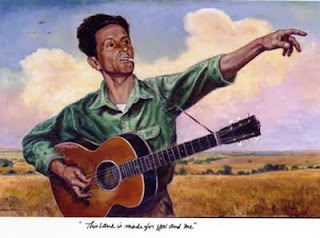Does the Monarchy Matter?

By the time you read this, Prince William and Kate Middleton will have become man and wife in another “wedding of the century” at Westminster Abbey. All week long, cable news channels as well as channels like the History Channel, Lifetime, TLC, PBS, and Discovery have been running various specials relating to the royal wedding, including topics like Charles and Diana, the ghosts of Westminster Abbey, and what’s on the menu for the reception. All of this being reported with gusto by questionable British reporters and American reporters who think it cute to say "cheerio"! All of this begs the question who cares! As Americans, we divested ourselves of the British monarchy in the late 1700’s with that American Revolution thing. Many of us try to act nonchalant about the whole thing. We cite the waste of money and the anachronistic nature of the Royals. We should have the problems those people have!!!! And that old lady Queen….what a puss!!! The British really ought to dump her.


